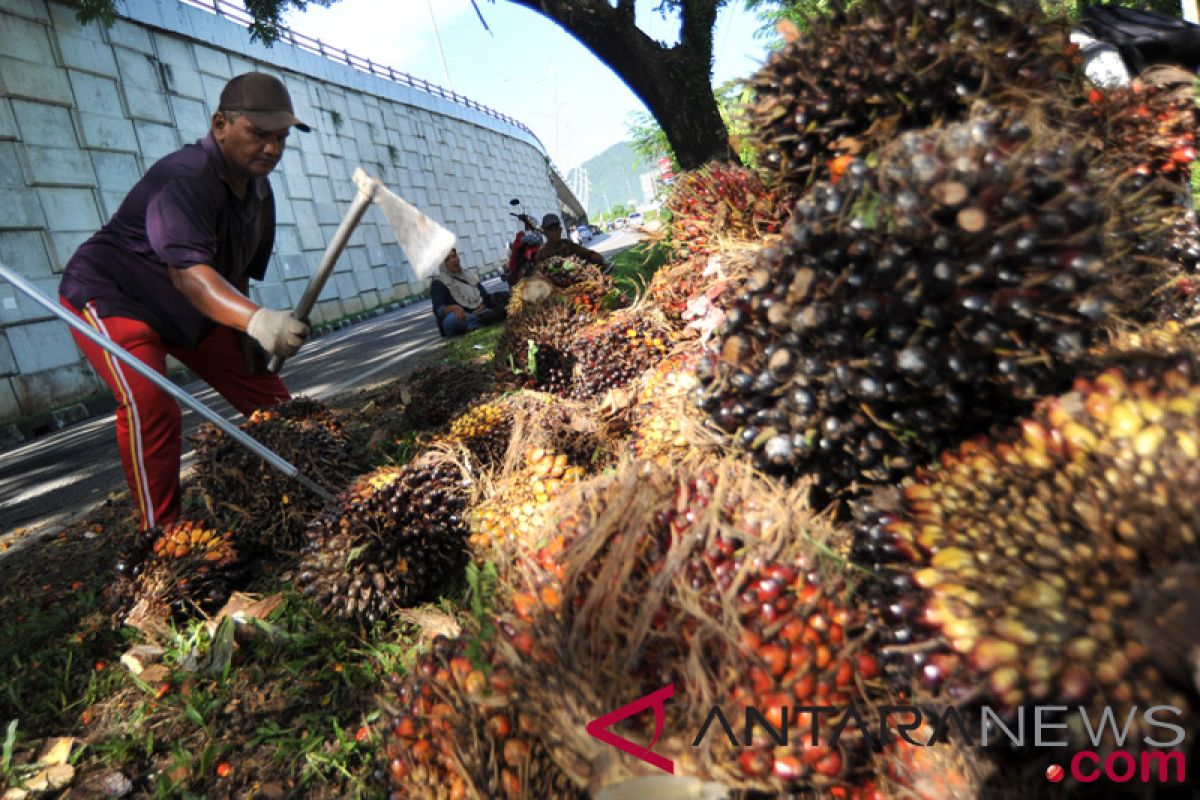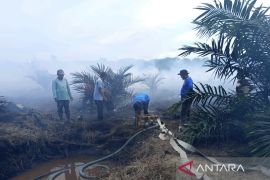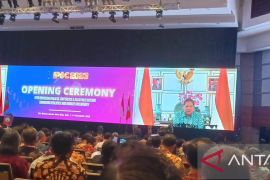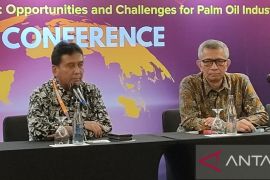"We also cannot accept the use of the term `dirty palm oil,` as currently, the government and the industry have attempted to speed up the achievement of a sustainable palm oil industry," GAPKI Executive Director Mukti Sardjono noted in a statement here on Wednesday.
Dirty palm oil is a term used for palm oil produced in an unsustainable manner by destroying rainforests.
According to Sardjono, palm oil has become a primary sector to achieve the Sustainable Development Goals.
He claimed that the management of palm oil plantations had adhered to the regulations, from its licensing process and plantation management to palm oil production.
"All palm oil plantation firms, in doing their business, must obtain a Business Permit for Plantation (IUP) issued by the government. Without an IUP, a company cannot run a plantation business," he remarked, adding that the permit had also enclosed a document on environment impact assessment to ensure that the plantation will run the business without damaging the environment.
He emphasized that palm oil plantations will have to adhere to the government`s regulations and the principles of the Indonesian Sustainable Palm Oil (ISPO).
Sardjono claimed that members of the palm oil association had advanced management for preventing and handling forest fires.
As many as 413 companies have obtained the ISPO certificate, and by 2019, all GAPKI members are expected to process their sustainable palm oil certificate.
Sardjono has condemned the actions of Greenpeace activists, who had illegally occupied a palm oil tanker ship from Indonesia and other actions in the country by the NGO.
"Clearly, Greenpeace has disturbed our sovereignty. We have the rule of law, while they ignore the law in Indonesia," he remarked.
The actions of Greenpeace can harm the livelihoods of 17 million farmers.
"Do they, the foreign NGO, pretending to be the savior of the environment, considered the fate of our farmers?" he questioned.
Reporting by Subagyo
Reporter: Antara
Editor: Sri Haryati
Copyright © ANTARA 2018












